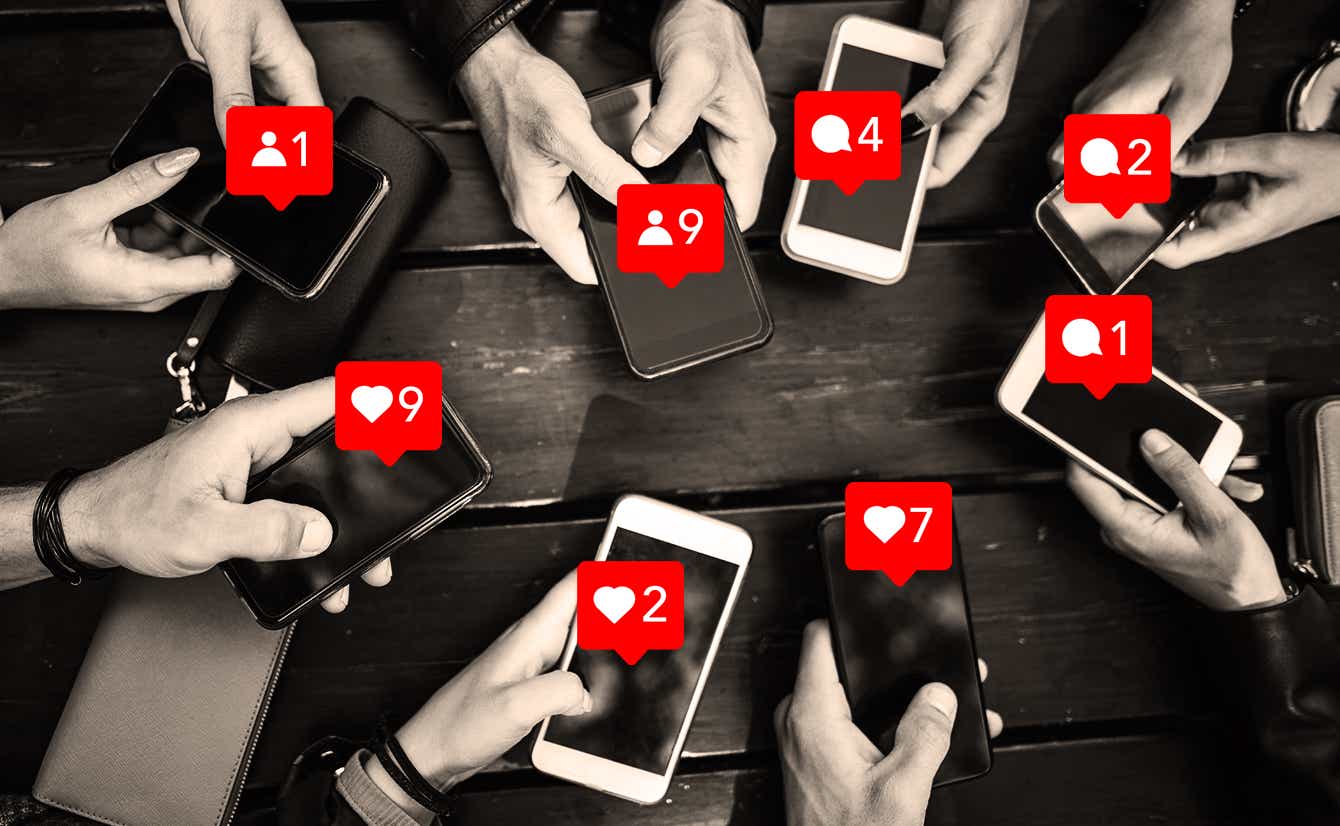Facebook knows its image-sharing app Instagram is toxic for teenage girls, but it has publicly downplayed the harmful effects, according to a new investigation by the Wall Street Journal. Here’s a breakdown of the disturbing findings in the company’s internal research on teen users:
What they studied:
For the past three years, Facebook conducted focus groups, online surveys, and other studies to determine how Instagram, which it purchased in 2012 for $1 billion, impacts its millions of teen users.
What they found:
The app’s addictive quality and a pressure to appear perfect on the platform “create a perfect storm” for teens, with the potential to trigger depression, eating disorders, and an unhealthy sense of their own bodies, researchers said. One in three teen girls reported that Instagram made their body-image issues worse. Another study of teens with suicidal thoughts found 13 percent of teen users in the U.K. and 6 percent of U.S. teens could trace those harmful ideations back to Instagram.
What they said:
Facebook has publicly played down the app’s negative impact (a pattern among the company’s leadership, which I recently learned about in a revealing interview). At a congressional hearing in March, CEO Mark Zuckerberg (who has reportedly seen the studies), said: “The research that we’ve seen is that using social apps to connect with other people can have positive mental-health benefits.”
What they’re doing to address it:
The app experimented with hiding the number of “likes” on posts in an initiative called Project Daisy. They found it didn’t change how teens felt, but rolled it out anyway to show that “Instagram cares about its users,” Facebook execs wrote in an internal note. Company researchers also said they’re working on a way to ask people if they’d like a break from the app, but they’re struggling to identify the users most at-risk.









